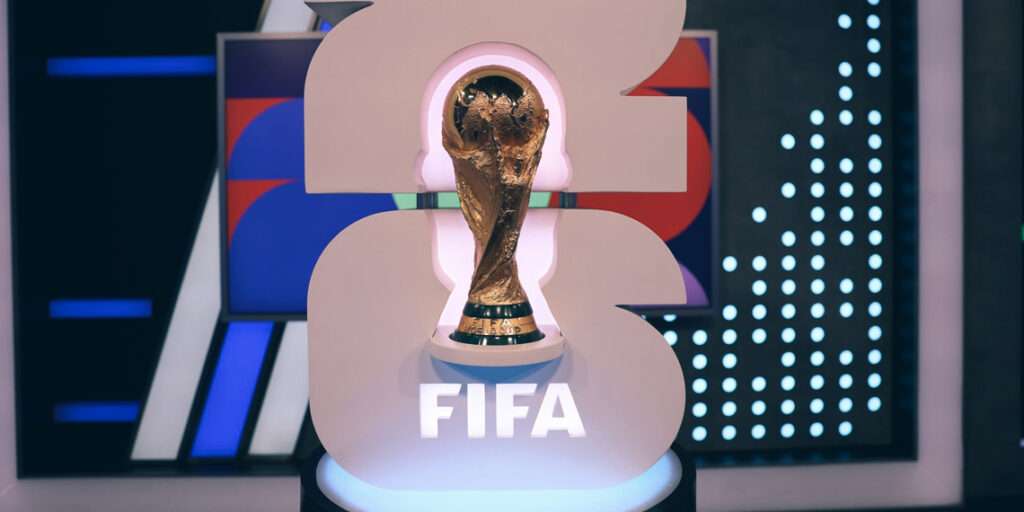The UK nations learned their 2026 FIFA World Cup qualifying groups following Friday’s draw in Zurich, with matches set to take place across five international breaks from March to November 2025.
England, now under new head coach Thomas Tuchel, will face Serbia, Albania, Latvia, and Andorra in Group K. Tuchel, who will announce his first squad in March, emphasised the importance of focus and determination in securing qualification.
“Qualification is not a given,” Tuchel told BBC Radio 5 Live. “The gap between big and small nations is narrowing. We must earn our top spot.”
Wales have been drawn in Group J alongside Belgium, North Macedonia, Kazakhstan, and Liechtenstein. Head coach Craig Bellamy expressed satisfaction with the group and welcomed the opportunity to start their campaign early.
“Belgium is a team I know well from my time coaching in Brussels,” Bellamy remarked. “We’ll do our homework and aim to finish top.”
Scotland find themselves in Group C with Greece, Belarus, and the loser of the Portugal vs Denmark Nations League quarter-final. Their campaign will begin in September, with the venue for their match against Belarus yet to be confirmed due to the ongoing conflict in Ukraine, which has forced Belarusian teams to play at neutral venues.
“Where the game is played is secondary for me,” Scotland head coach Steve Clarke said. “Our focus is on the team and securing the points we need.”
Northern Ireland will compete in Group A, facing Slovakia, Luxembourg, and the winner of the Germany vs Italy Nations League clash. Manager Michael O’Neill acknowledged the challenge but embraced the opportunity to compete against footballing giants.
“We don’t have anything to lose,” O’Neill said. “We’d have taken this group before the draw.”
The 2026 World Cup, hosted by the United States, Canada, and Mexico, will see the top team from each of the 12 European qualifying groups automatically secure a spot. The second-placed teams will enter play-offs, with 16 European nations in total set to qualify.
Full Group Draw
- Group A: Germany/Italy (winner), Slovakia, Northern Ireland, Luxembourg
- Group B: Switzerland, Sweden, Slovenia, Kosovo
- Group C: Portugal/Denmark (loser), Greece, Scotland, Belarus
- Group D: France/Croatia (winner), Ukraine, Iceland, Azerbaijan
- Group E: Spain/Netherlands (winner), Turkey, Georgia, Bulgaria
- Group F: Portugal/Denmark (winner), Hungary, Republic of Ireland, Armenia
- Group G: Spain/Netherlands (loser), Poland, Finland, Lithuania, Malta
- Group H: Austria, Romania, Bosnia-Herzegovina, Cyprus, San Marino
- Group I: Germany/Italy (loser), Norway, Israel, Estonia, Moldova
- Group J: Belgium, Wales, North Macedonia, Kazakhstan, Liechtenstein
- Group K: England, Serbia, Albania, Latvia, Andorra
- Group L: France/Croatia (loser), Czech Republic, Montenegro, Faroe Islands, Gibraltar.
The final composition of some groups depends on the outcomes of Nations League quarter-finals in March, including key matchups like Portugal vs Denmark and Germany vs Italy.
As the road to the 2026 World Cup begins, UK teams face a mix of opportunities and challenges, with each manager determined to guide their side to the global stage.


